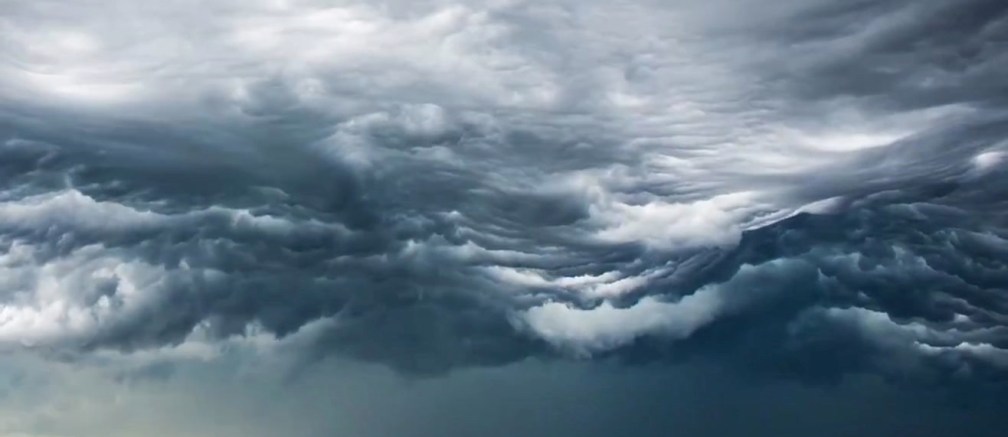
It’s been disturbing to discover during the course of my research, that pandemics have been going on throughout human history far more frequently than I’d imagined — more than just the bubonic plague & smallpox in the Americas ones that are probably reasonably well known. How easy many of them are to transmit & how aggressive they are.
Today’s poem is about an old virus which caused devastation when unwittingly introduced into a new environment in the late 19th century; & where unfortunately, the consequences of that action continue to present major health & economic hardship to millions. And all this, despite it being only the second disease ever to be completely eradicated (outside lab stocks).
An apology: sorry for the long poem, I didn’t have time to write a short one. This one will definitely need softening & massaging & trimming, once April ends. The title is aspirational if not actually accurate.
*****
rinderpest: a quick poetic history
i.
cattle-carried cousin of measles
& canine distemper
a central Asian steppes native
but possibly a greater killer
than fellow conqueror Genghis Khan
repeated invasions came & went
over centuries as armies swept
through westwards into Europe
causing carnage beyond that
normally brought by war
ii.
an Italian army later carted cattle plague south
in a periodic invasion of Eritrea
where it quickly kontiki-toured its way
west across the continent then south
in around a decade killing 90 or more
per cent of cattle it encountered
along with buffalo, wildebeest, even giraffe
causing Africa’s greatest natural calamity
so many corpses so close together
vultures forgot how to fly
iii.
although the virus targets
cloven-hoofed animals only
it none-the-less devastated human populations
herders had no livestock, farmers no oxen
to pull ploughs or drive waterwheels
gaunt, half-starved, covered with skin diseases
weakened populations fell prey to diseases
such as smallpox, cholera and typhoid
as well as Europeans ring ins
having lost all, or nearly all
some became demented
some roamed the bush calling imaginary cattle
many are said to have taken their own lives
many societies never recovered their numbers
let alone their wealth, power, culture
iv.
with indigenous populations decimated
Europe’s African scramble was made even easier
taking over vast tracts of land with barely a fight
v.
but the ramifications were still
not complete — before rinderpest
the cattle kept tsetse at bay
by grazing the plains grass sward hard
preventing tree seedlings & shrub growth
with cattle gone, the landscape transforms
pasture becomes woody grassland
& shady thornbush thickets
prime real estate for tsetse to deposit larvae
sleeping sickness spreads to areas
where it was previously unknown
carrying millions off to permanent sleep
the land they once farmed, abandoned
to wild animals & killer flies
vi.
to rub salt into any of the many wounds
European colonisers seeing the tsetse-infested bush
teeming with wildlife assumed it as the erroneous
but enduring archetype of primeval nature
& created Africa’s great national parks
the Serengeti, Masai Mara, Kruger et al
from which humans & their cattle were
persona & bovina non grata both
the irony that less than half a century
earlier they’d been open grassland
conveniently overlooked by everyone
vii.
& so it is that ecological, economic
cultural & geopolitical threads all rise
or fall on the existential caprice of a microbe
STAT
By the end of the century, most of the cattle in southern Africa had died, a toll estimated at 5.5 million.
STAT
local cattle population dropped from about 400 000 in 1891 to just 20000 the following year. The result was famine among the Hima in Karagwe and Ankole, the Tutsi in Rwanda and Burundi, and the Soga of Uganda, who all lived almost entirely on a diet of milk and blood. In south-west Africa, the Nama and Herero pastoralists were also starving.
STAT
In southern Africa, the tsetse, which largely disappeared from the Zambezi and Limpopo valleys in the mid-1890s as rinderpest swept through, revived from about 1904 and took over its former domain and more, says Ford. From virtually nil it had grown to cover 5600 square kilometres of the two valleys by 1913 and 47 000 square kilometres by 1930.


